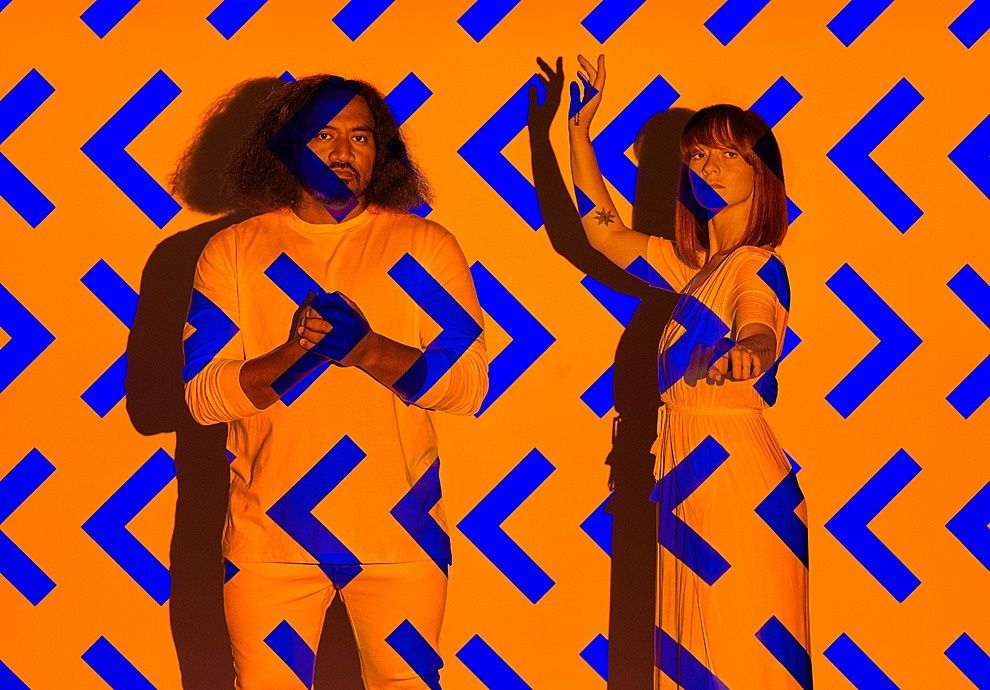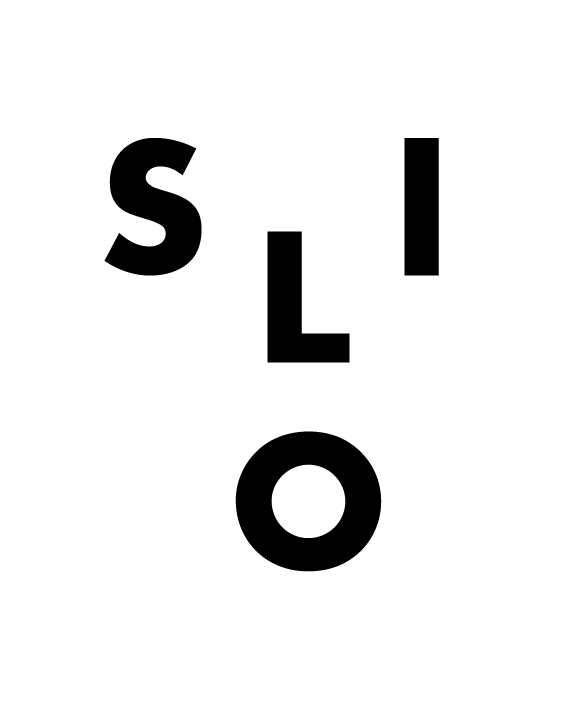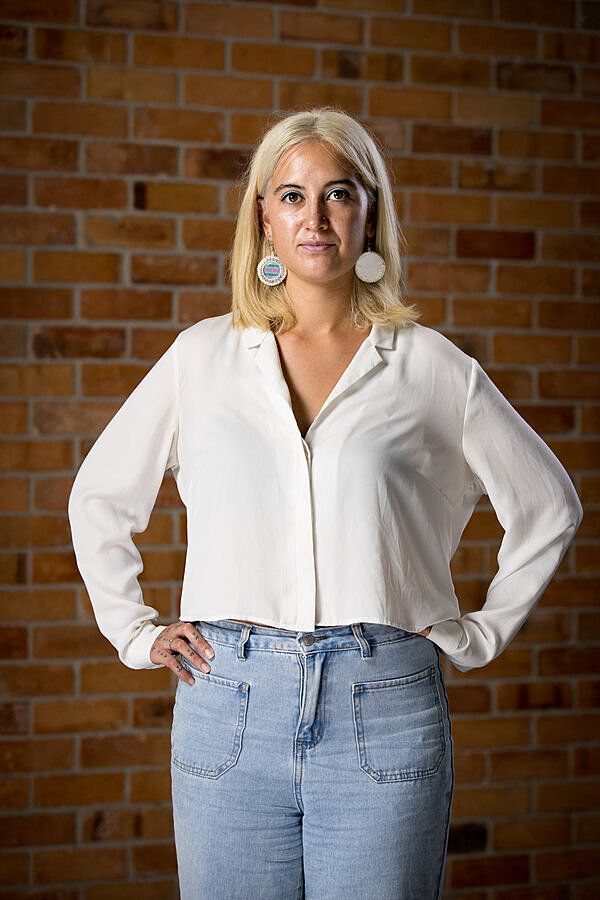UPU: A Celebration of Trailblazing Moana Writers
Sāmoan/Pākehā writer and Pantograph Punch Editor Faith Wilson reflects on the words and the histories behind UPU.
Sāmoan/Pākehā writer and Pantograph Punch Editor Faith Wilson reflects on the words and the histories behind UPU, a new Silo show bringing some of Oceania’s most electrifying poetry to the stage.
The feet of the fat brown woman / Are grounded nicely to the bellies of / Her mamas / The fat blue Pacific / The fat brown Earth / Thank you very much
—Sia Figiel, Songs of the fat brown woman
I have a strong visceral reaction when I read or hear poetry by my fellow writers of the Moana. I legit get chills up my spine. My hairs stand on end. I get butterflies in my stomach. My eyes well up and I cry. Even when the poem is meant to be funny. One of the reasons for this, I think, is that I feel a surge of excitement, butterflies, chills, which is followed by a feeling of guilt, more butterflies, crying. Excitement because the poetry is that hot, and guilt because of all the different authors I encounter, I have actually only properly read from like, five of them. As someone who kinda prides themself on being well read, why haven’t I read more poetry from my Moana bros and sisters?
UPU is not so much a play as it is a celebration of words. It is an ode to a generation of trailblazing writers, those who make up our canon of published Moana writers, who were the first of us to talk about the effects of colonisation, who questioned the ideas of the noble savage and the dusky maiden. They’re who I should be thanking every day that I get to write about stuff other than that.
The script for UPU is essentially a collection of poems, curated by or ‘fished for’ by poet and performer Grace Taylor. When Grace told me that UPU is informed by two essays, Epeli Hau’ofa’s The Ocean in Us and Matua Albert Wendt’s Towards a New Oceania, my guilt crept in again and I felt like a bad Sāmoan. I hadn’t read either of these essays and praised the gods when I found both available online for me to read for free.
Each of these essays, in its own way, makes a central argument: that for our peoples and our lands and our ocean to thrive, Oceania (Moana is the term I lean toward these days and will use here) must unite.
Wendt considers artistic diversity to be the Moana’s greatest asset. Through the different cultures within the Moana, our artistic contributions (dance, visual arts, the word) weave firm links between us. “This artistic renaissance is enriching our cultures further, reinforcing our identities/self-respect/and pride, and taking us through a genuine decolonisation; it is also acting as a unifying force in our region,” writes Wendt.
UPU lives and breathes this kaupapa. Grace says that when selecting the various poems in UPU, she tried very hard to find published poems from every region of the Moana. Some Islands were difficult to source from – she says that this just shows how much opportunity there is to publish more poetry from those less represented regions.
Bringing these poems to our rangatahi is connecting the past with the present, and with the future
Before my kōrero with Grace, I had noticed that the authors whose work is featured in the show are all from a certain era of writing, those who I call the first and second generation of Moana writers: Selina Tusitala-Marsh, Karlo Mila, Sia Figiel, David Eggleton, to name a few. I also noticed there were only a couple of writers from the emerging generation – the poets that I am currently most interested in reading (being a millennial and all). I questioned this, as I thought a performance concerned with unifying the Moana should not just be about regional unification, but also about connecting the young with the old, the established with the emerging.
But after hearing more from Grace, and actually reading and re-reading many of the selected poems, I was shook. Not only are so many of these poems written with a scary prescience that I can attribute only to the weird other-worldliness that many Moana artists seem to live with, but I also realised that bringing these poems to our rangatahi is connecting the past with the present, and with the future. As Grace says:
A main part of our kaupapa is to inspire people to dive into Pacific literature, to libraries – by bringing the published word to the stage through the oral word… there is so much richness of published poetry from Oceania – but unless you are at uni or in an academic environment you probably will not access it… many audience members over our last two seasons said "we just didn't know this poetry existed”
As Grace points out, the poetry of many emerging writers is available online. That’s less true of the first and second generation of Moana writers who feature in UPU. Much of their poetry is published in books that so many of our people don’t know about. In those books, you’ll find a wealth of writing that’s as relevant now as the day it was written. UPU bridges that accessibility gap.
Even though many of these poems were written in the 80s, 90s and early 2000s, they speak with currency and urgency.
Two of the most salient issues concerning the Moana currently are undoing the effects of colonisation and, of course, climate change. Hau’ofa’s essay talks at length about the environmental concerns that have plagued the Moana and continue to do so, especially the smaller nations. For Hau’ofa, the unification of Moana is essential if we are to protect our environment; through working together, we find our strength. Meanwhile Wendt posits the idea of a ‘colonial chill’, the creepy aftermath of colonisation, the way it has seeped into our bones. Even though Wendt’s essay was written in the 70s, and Hau’ofa’s in the 90s, and many of these poems were written in the 80s, 90s and early 2000s, they speak to those two exact issues with currency and urgency.
In the space of a few hours after my exchange with Grace, I’m once again embarrassed at my lack of knowledge of writing that has been published and produced by writers I’ve always been meaning to read but haven’t. I feel like a fia poko, coming into this thinking that the only solutions to these issues can come from our present. When, in fact, as Wendt puts it, “We must rediscover and reaffirm our faith in the vitality of our past, our cultures, our dead, so that we may develop our own unique eyes, voices, muscles, and imagination.”
I think of Matua Albert and how he says that literature of the Moana transcends barriers, that writing is revolutionary
UPU is all about bringing these writers to the fore. To make their writing accessible to everyone – even a bots like me. And I think of Matua Albert and how he says that literature of the Moana transcends barriers, that writing is revolutionary, and my own shame of not knowing these things is one hundred percent a symptom of that colonial chill.
Epeli Hau’ofa’s essay begins with the late Teresia Teaiwa’s famously quoted phrase “We cry and sweat salt water / so we know that the ocean is really in our blood.” I know this phrase well, as many Moana poets do. As I was reading some of the poems included in UPU, feeling my body physically react to the works, Teresia and Epeli’s words kept floating in my brain.
Maybe the physical reaction I have is not only one of guilt, after all. Maybe it’s because I too am from the sea. The Pacific waters that flow through my blood are the same that flow through all of the writers I have read or am only just beginning to read. I feel so physically connected to their words because their words are in part mine. My history is my own, but it is also theirs. And though the ocean is vast, it is the single thing that brings us together. As Epeli says, “the sea is our pathway to each other and to everyone else, the sea is our endless saga, the sea is our most powerful metaphor, the ocean is in us.” If UPU is about connection and unification, even as I write this from the other side of the world, I taste those salty tears, and feel at home.
Silo Theatre’s UPU runs from 5–15 March 2020 at Q Theatre – Rangatira. Tickets available here.
This piece is presented as part of a partnership with Silo Theatre and appears in the show programme. Silo covers the costs of paying our writers while we retain all editorial control.


